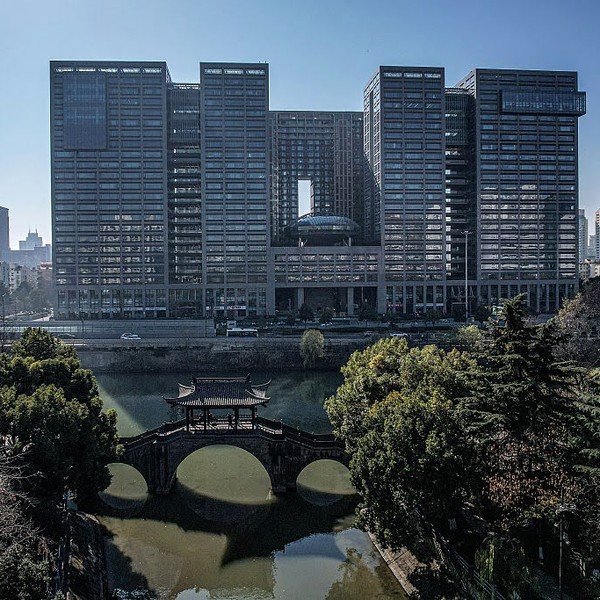Bottom Line Up Front
- On February 18, Pakistan-based militants killed four Indian soldiers during a raid in Kashmir, just days after 40 Indian soldiers were killed in a suicide bombing.
- The suicide bombing was the worst in decades in the region and has derailed already tense relations between New Delhi and Islamabad.
- With Prime Minister Narendra Modi preparing for May elections, the attacks put his government in a difficult position and could provoke a harsh response.
- Pakistan’s support for and sponsorship of terrorist groups in Kashmir and elsewhere remains one of the most significant challenges to regional stability.
When two nuclear-armed rivals with a history of armed conflict decide to recall their respective ambassadors, as India and Pakistan did following a suicide bombing in Kashmir just last week, it should register as a significant development. Escalation dynamics are more complicated in South Asia than in most other parts of the world, given the stakes of a potential nuclear conflagration. Both the scale and the timing of the attack carried out by militants from Jaysh-e-Muhammad (JeM)—a designated terrorist group officially outlawed in Pakistan—are concerning. While Jammu & Kashmir is an intensely local issue for the residents who live in the contested region, it is also a flashpoint between two well-armed, well-equipped nations with a tortured history, having engaged in intense conflicts in 1947, 1965, 1971, and 1999. What happens in Kashmir always has potential to spread elsewhere, further fueling terrorism in the region and exacerbating already existing social, political and economic divisions.
Following the bombing, India accused Pakistan of direct complicity in the attack. Prime Minister Modi stated, ‘our neighbor (Pakistan) will not be allowed to destabilize us,’ and vowed a military response, though some observers have recognized that such a forceful reaction is clearly intended to play to Modi’s domestic political constituency, particularly given upcoming elections. Pakistan’s Prime Minister Imran Khan vowed to help investigate the attack, though that offer will likely be treated with scorn by his Indian counterpart, dismissed as half-hearted. With winter snow blanketing the contested region and with both sides on high alert, it remains unclear exactly what type of tactical military response might be forthcoming from New Delhi. India has looked to impose some economic restrictions on Pakistan, but given the already limited trade and relations between the two, a stronger response is perhaps inevitable. On the diplomatic front, India will almost certainly reach out to its powerful allies, including the United States, and pressure other nations to do more in curbing Pakistan’s rogue behavior, especially regarding logistical and financial support to terrorist groups.
Prime Minister Modi’s nationalistic platform, policies and rhetoric are tailor-made for a burgeoning crisis with Pakistan, especially considering India’s upcoming elections, when strong anti-Pakistan rhetoric was likely to emerge in any case. Under Modi, attacks on religious minorities in India have increased exponentially and the authorities have done little to bring the perpetrators to justice. India claimed that it is in possession of 'incontrovertible evidence’ proving Islamabad was directly involved in the attack, implying Pakistan’s strong support of JeM, a group that maintains ties to other terrorist organizations in South Asia, including al-Qaeda in the Indian Subcontinent. The strength of the bomb and the relatively heavy security in and out of the region suggest it might not have been outsourced but rather manufactured ‘in house’ by local militants. This sophistication of the bombmaking expertise presents a serious challenge to security officials; Indian forces followed the attack with a series of raids to locate the terrorists involved while working to dismantle their support network. It was during one of these raids that four Indian soldiers, including a major, were killed in the Pulwama District in Kashmir.
Terrorist groups and their sponsors follow politics closely and are cognizant of the destabilizing effect that attacks will have on governments, especially democracies. These groups will continue to sow chaos in the hope of causing a strong reaction by security forces. Heavy-handed military responses often generate support for the terrorists, both among their followers and also from so-called ‘fence sitters’ who perceive the government as overly draconian. To the extent that terrorist attacks further drive sectarianism, this is an added benefit for terrorists. At the regional level, China will continue to support Pakistan (to include blocking the terror listing of JeM leader Masood Azharvia the United Nations Security Council), while the U.S. steadily moves further from Pakistan and closer to India. Saudi Arabia, with its own history of supporting Sunni jihadist groups, is also a prominent supporter of Islamabad. The West, and in particular the United States, has long pressured Islamabad to cease its support to violent groups. However, Pakistan has little incentive to do so, as it views its support of militants as a form of ‘strategic depth,’ a strategy that the Inter-Services Intelligence and components of Pakistan’s military view as vital to the country’s enduring and most imminent threat—its neighbor and rival, India.











